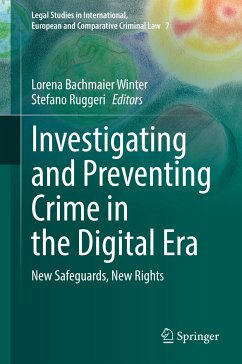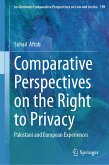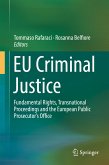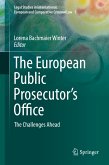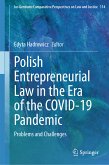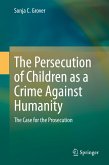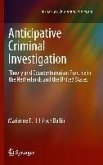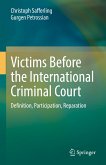The aim of this book is to delve into the impact of the Information and Communications Technologies in the criminal prevention and investigation, by addressing the state of the art of different measures and its implementation in different legal systems vis à vis the protection of human rights. Yet this research not only pursues a diagnostic goal but furthermore aims at providing a reconstruction of this problematic area in light of modern, human rights-oriented notion of criminal justice. This broadens the scope of this investigation, which encompasses both unprecedented safeguards to traditional, or anyway widely recognized individual rights and the emergence of new rights, such as the right to informational self-determination, and the right to information technology privacy.
The book addresses the problems and potentials in the areas of criminal prevention and criminal investigation, taking into account that due to electronic surveillance and the progress in the use of big data for identifying risks, the borders between preventive and investigative e-measures is not clear-cut.
Dieser Download kann aus rechtlichen Gründen nur mit Rechnungsadresse in A, B, BG, CY, CZ, D, DK, EW, E, FIN, F, GR, HR, H, IRL, I, LT, L, LR, M, NL, PL, P, R, S, SLO, SK ausgeliefert werden.
Hinweis: Dieser Artikel kann nur an eine deutsche Lieferadresse ausgeliefert werden.

